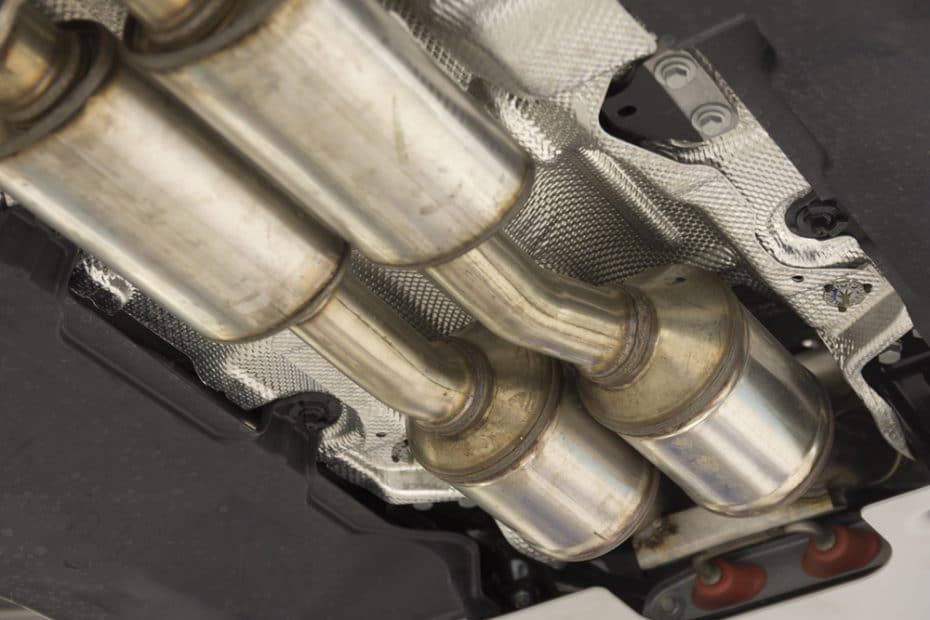Catalytic converters have come into people’s consciousness in recent times amid rising cases of their theft. How To Stop Your Catalytic Converter From Being Stolen
Catalytic converters play an important role in the exhaust system of your car. Before gasses are released out of your exhaust the catalytic converter removes the bad pollutants that can harm the environment.
They should last for the lifetime of your car, but like anything you can still get problems.
It’s often said that catalytic converter problems are more common with older cars, but again you can still get trouble in newer cars. You can drive a car with a faulty or missing catalytic converter, but you won’t get too far for long.
There are a few reasons for catalytic converter problems:
- Oil or antifreeze getting into the exhaust system and blocking it
- A failed oxygen sensor
- Road/accident damage
- Frequent short trips – the catalytic converter doesn’t get hot enough to completely burn away hydrocarbons – leading to deposits and clogging.
- Bad spark plugs force unburned fuel into the exhaust system – leading to partial or full meltdown of the ceramic catalyst
Here’s how to spot the warning signs of a bad catalytic converter:
1. The check engine light comes on
The diagnostic system on your car or truck automatically tests the catalytic converter each time you drive. The efficiency of the converter is measured to make sure that not too much pollution escapes out of the exhaust pipe; if it does then the check engine light can come on.
2. Sudden drop in fuel economy
Has your fuel gauge dropped quicker than normal? It could be the catalytic converter. When the catalytic converter gets clogged or becomes faulty the engine has to work harder; this uses up more fuel than normal causing a quicker drop.
3. You don’t go anywhere (or faster) when pressing the gas
If the catalytic converter gets blocked then gasses can get trapped and seriously affect the engine’s efficiency. This pressure can reach back to the engine and cause it to stall before you get going. You may also notice the car jerk forwards. Alternatively while your driving you may feel like fuel isn’t getting into the engine and when you press the gas pedal you don’t go any faster.
4. The car doesn’t start (or easily, or starts then stops)
Failure to start with a clicking sound is most likely to be the battery. Failure to start or starting and then stalling can be the catalytic converter; this is because of the pressure running back into the engine. You may also notice your car sputtering.
5. You fail your Emissions Test
Did you know the catalytic converter is the main component in controlling harmful emissions? If the emission levels coming out of your exhaust are too high then you could have a failing catalytic converter.
Have you noticed any of the above problems? Call General Muffler and Auto Supply in Ansonia for an expert catalytic converter diagnosis. General Muffler is an official emissions testing and repair center.


